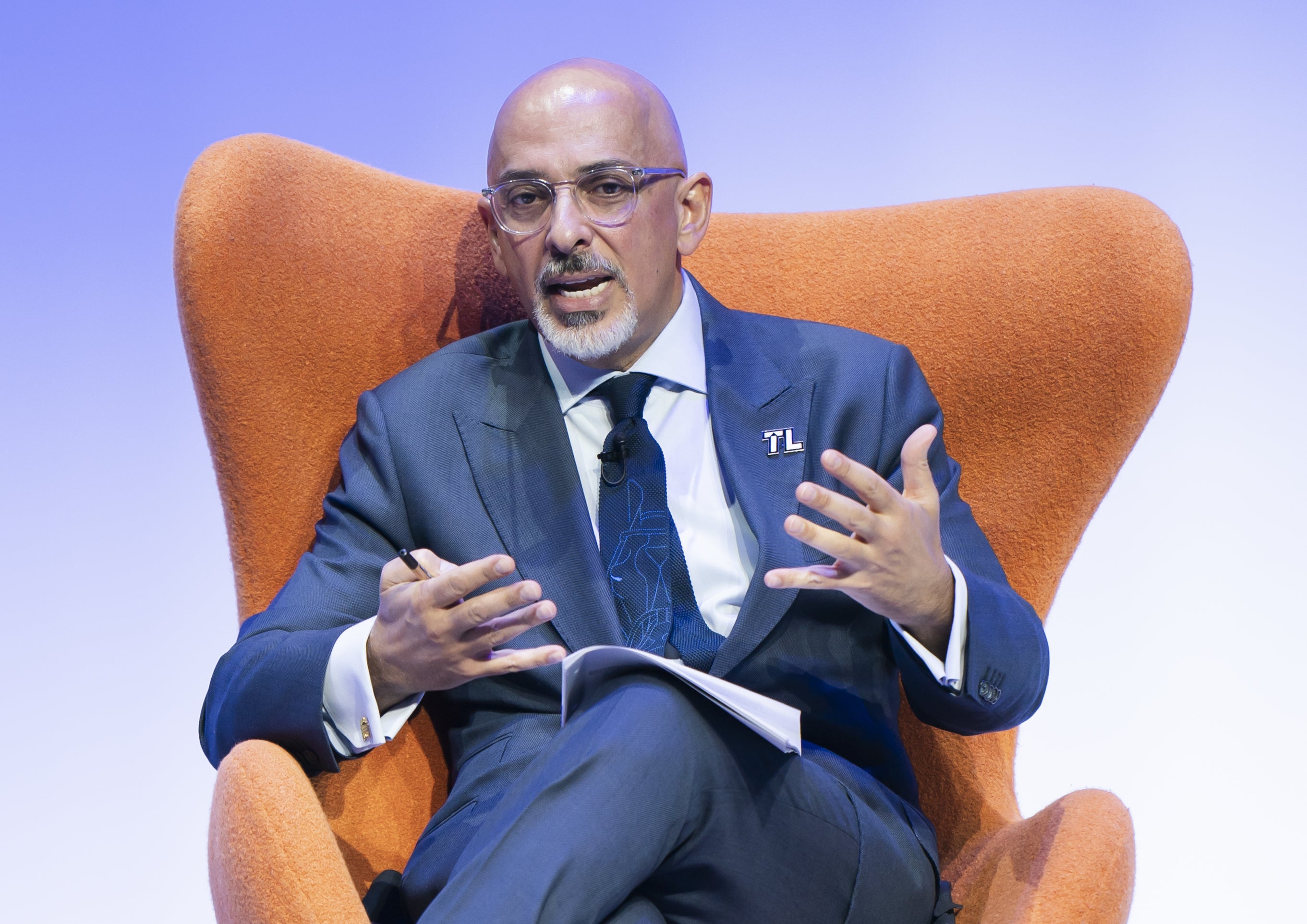Nadhim Zahawi’s inbox is already full of impossible tasks – and he seems to have run out of ideas
The new chancellor says he will cut taxes, boost growth and balance the government’s books. Something has to give, argues Ben Chapman


Few would envy the new chancellor, Nadhim Zahawi, who comes to the job just as Boris Johnson’s government crumbles faster than the UK economy.
The man tasked with stewarding the country’s finances has an exceptionally long to-do list.
Among the challenges he faces are a cost of living crisis, a looming recession and rising interest rates that will push up the cost of government borrowing.
There is the potential for Zahawi to be in the job for only a matter of days. But, if Johnson’s government survives, what are the chancellor’s priorities and how might he deal with them?
Cost of living
Top of Zahawi’s agenda is helping struggling households deal with rapid rises in the cost of energy, fuel, food and other essentials.
His predecessor Rishi Sunak became the biggest spending chancellor in history after a series of record-breaking announcements of financial support through the pandemic.
But he frequently expressed discomfort with the idea of big government and sought to promote his credentials as a traditional low-tax Tory.
Zahawi will need to come up with his own plan to limit the damage caused by rising prices. He will face irresistible political pressure to pledge more money to help those struggling most.
Inflation is expected to rise further from its current four-decade high, hitting an eye-watering 11 per cent this autumn, if Bank of England projections prove correct.
Energy bills are on course to hit £3,000 for the average household this winter, even higher than the £2,700 forecast when Sunak announced a package of grants in May.
The chancellor is walking a tightrope between the need to provide billions of pounds in government support and the risk that further spending pushes inflation higher still.
It is therefore essential that measures are targeted at those most in need. That means giving money only to people on the lowest incomes.
That may be politically unpalatable for a Conservative chancellor whose voters have historically skewed wealthier and older.
Tax cuts
On his first full day as chancellor, Zahawi told breakfast news viewers that he was committed to cutting taxes, while also being “fiscally responsible”.
The chancellor is a successful businessman. He will surely be well aware that the economy is heading for a recession and it will therefore be impossible to balance the government’s budget while cutting taxes and providing financial help to struggling families.
Something has to give, the question is what?
The most sensible option would be to scrap the tax cuts. Experts warn that mooted reductions in taxes on income and company profits will serve to increase demand in the economy at just the time when the Bank of England is trying to achieve the opposite aim by increasing the cost of borrowing.
The tax cuts are poorly targeted and will cost the Treasury around £21bn. Far better to use the money on providing targeted support with bills.
Public sector pay
Large-scale industrial action is set to become a feature of British life in a way that hasn’t been seen for decades, as public sector workers in particular battle for fair pay deals.
Recent rail strikes were a taste of things to come with barristers, postal workers, NHS staff and teachers all expressing anger over real-term pay cuts.
Zahawi has indicated that he wants workers to accept below-inflation wage increases, setting the stage for a “summer of discontent”, reminiscent of the 1970s.
If he stays in the job, the Treasury will be under intense pressure to yield and grant more money to fund pay deals or face a fierce political backlash.
Boosting growth
The UK economy shrank in the first four months of this year as the war in Ukraine caused energy, fuel and food prices to rise. A recession is now all but inevitable.
A worsening outlook for the UK economy has also caused the pound to fall, meaning that imports have become more expensive and putting further upward pressure on prices.
Combatting these forces will be no easy task and Zahawi appears short of ideas. Cutting corporation taxes across the board has not delivered sustainable economic growth over the past decade and will not get us out of the current slump.
Britain’s problem is not – as the chancellor suggests – one of “uncompetitive” tax rates, but one of chronically low investment and productivity. Intelligent, growth-boosting, investment is required.
There are no immediate solutions but the most obvious area for improvement is investment in clean, green, renewable growth. Making homes more energy-efficient and investing in heat pumps and renewable energy generation would, eventually, help to rid the UK of its dependence on fossil fuels – the main driver of the cost-of-living crisis.
The real shame is that Zahawi’s predecessors did not realise this years ago.
Join our commenting forum
Join thought-provoking conversations, follow other Independent readers and see their replies
Comments
Bookmark popover
Removed from bookmarks